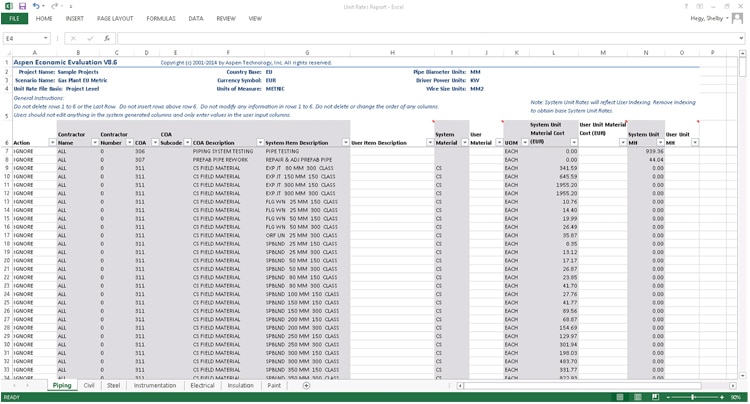This business class consists of wholesale distributors of petroleum and petroleum products (except those with bulk liquid storage services). Business products embody butane gas, gasoline oil, aircraft fueling providers, liquefied petroleum gases, gasoline, kerosene, lubricating oils and grease, and naphtha. Petroleum brokers are additionally included.
Firms that wholesale petroleum and petroleum products from bulk liquid storage amenities are in SIC 5171: Petroleum Bulk Stations and Terminals.
NAICS Code(s)
422720 (Petroleum and Petroleum Merchandise Wholesalers (besides Bulk Stations and Terminals))
Industry Snapshot
In keeping with statistics compiled by the U.S. Census Bureau, the variety of firms engaged in the wholesale distribution of petroleum and petroleum products has been on a steady decline for the reason that early 1980s. By 2001, roughly 2,680 establishments operated in this industry. In 1982, there were 6,287 such firms, and ten years later the ranks had thinned to three,seven-hundred. The typical wholesale distributor sells over eleven.5 million gallons of petroleum each year.
Group and Structure
From an overall petroleum-business perspective, the transactions between wholesalers and the retail degree are among the many least environment friendly parts of the provision chain, because of the sheer number of transactions and their fixed order and delivery prices, according to Nationwide Petroleum News. As a result, the price per transaction tends to be greater. Thus the wholesale channel was a major goal of the business’s efforts at consolidation as an try to spice up overall effectivity and value-savings.
Furthermore, the majority of wholesalers remained comparatively small and thus lacked the economies of scale to afford high-level electronic information and tracking equipment that will more completely and systematically observe their activities by the provision chain. Because the petroleum trade consolidated and moved toward integrating provide chains amongst all buying and selling partners, from the refinery stage to retail, the pressures on distributors were anticipated to develop.
As of 2004 this business was served by the Society of Petroleum Engineers (SPE), which carried out intensive analysis into strategies of transport for oil and gas, among many other endeavors. The American Petroleum Institute (API) and the Nationwide Petroleum Council (NPC) had been additionally crucial to business gamers.
Present Circumstances
The Nationwide Petroleum News reported in 2001 that 175,132 operationsncluding gasoline stations, truck stops, comfort shops, and marinasere engaged within the sale of gasoline in the United States. Although petroleum supply trucks generally shipped instantly from the refinery to the gasoline station, most refineries shipped their products through barge or truck, or pumped through underground pipelines, to a bulk terminal, at which the trucks have been filled for supply to the stations’ underground storage tanks, from which shoppers drew the gasoline that crammed their vehicles.
The petroleum business was in the midst of a significant consolidation wave within the early 2000s, as main oil firms restructured and joined forces to spice up their effectivity and leverage. This was expected to squeeze the ranks of wholesale distributors further still. Major oil
companies, in the meantime, loved file earnings in the early 2000s, a results of high energy prices and cost-slicing measures resulting from the merger activity. The value of crude oil and pure fuel, on a roller coaster within the early 2000s, were on the ascendancy entering the middle of the decade. Indeed, between late 2002 and late 2003, the price of oil nearly doubled.

The wholesalers that handle to outlive had been expected to be those with the best technological sophistication, these with robust relationships with the main oil firms and retailers, and especially those that may bolster their distribution operations with worth-added services. In an increasingly consolidated industry obsessed with streamlining its general supply chain, the function of the traditional wholesale distributor was anticipated to be increasingly open to reinterpretation, and so wholesalers would face stress to broaden their focus so as to maintain themselves viable and engaging in the eyes of the main oil corporations.
Trade Leaders
Flying J Inc., based mostly in Ogden, Utah, was the main distributor of diesel gas within the United States, as well as a major truck-cease operator. Flying J employed 11,500 in a community that boasted over 160 Flying J Travel Plazas in over 40 states and in Canada. The agency also operated its own refinery and maintained its own oil and fuel reserves. Flying J raked in revenues of $four.6 billion in 2003, representing growth of 9.5 p.c over the previous yr.


